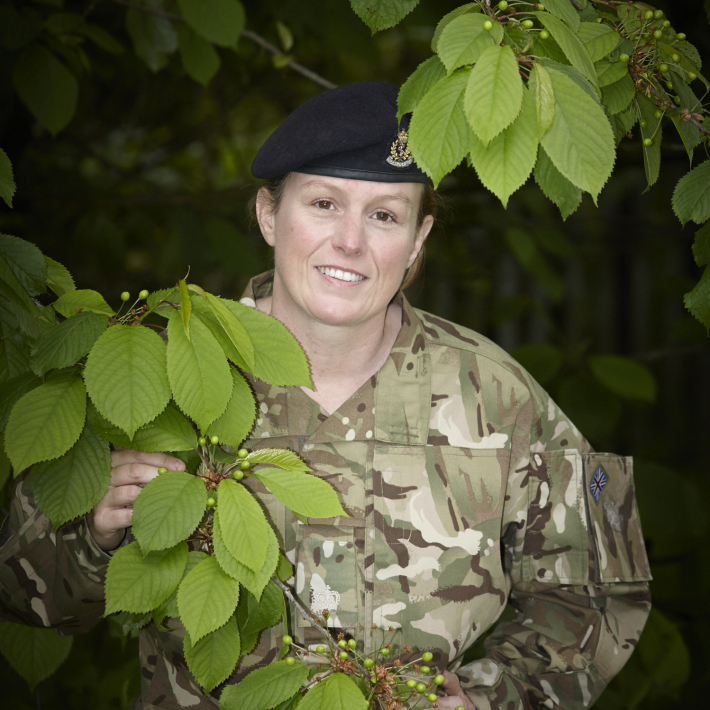"On operations in Afghanistan, my clinical skills were invaluable."
Tracey has been a reservist for as long as she's worked in the NHS.
